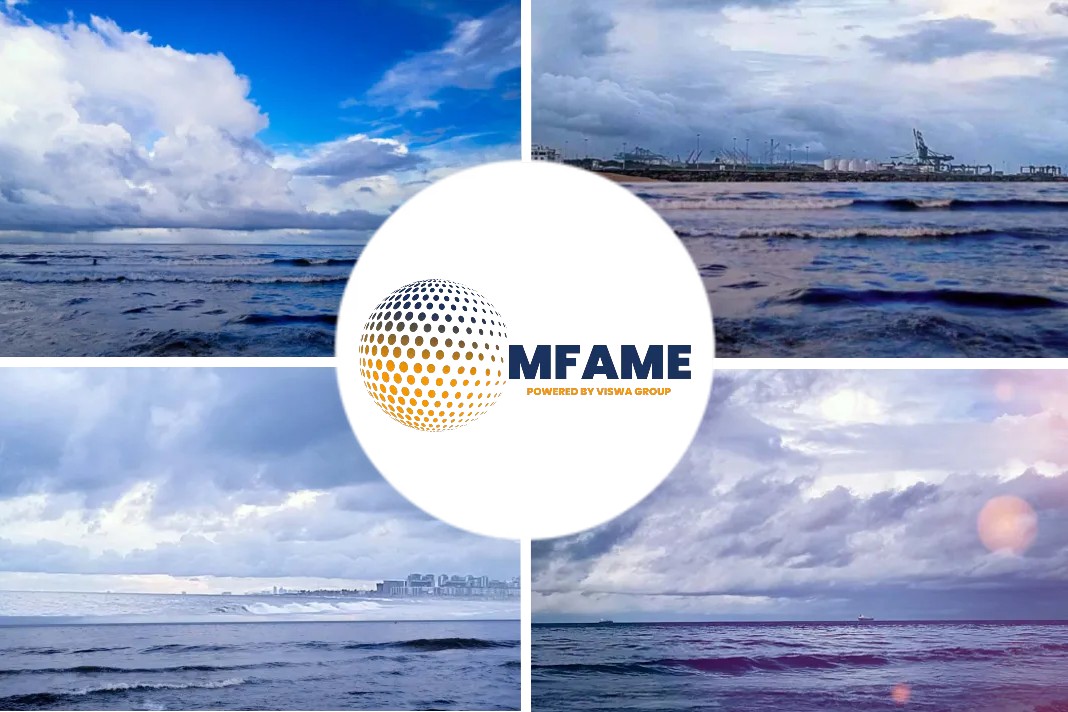Italy-based classification society RINA has been awarded a framework contract by the European Maritime Safety Agency (EMSA) to support initiatives to increase the availability of LNG bunkering, says an article published in Ship Insight.
About the project
Italy-based classification society RINA has been awarded a framework contract by the European Maritime Safety Agency (EMSA) to support initiatives to increase the availability of LNG in the medium term with small-scale bunkering and depots to expand the use of this fuel throughout the Mediterranean, Black and Caspian Seas.
This strategic project is aimed at reducing environmental impact by making LNG more widely available for a variety of uses including ferries, cruise ships, and tourist activities, as well as promoting the LNG road supply chain. RINA will provide a flexible selection of services dealing with safety and feasibility to match project needs in different locations.
Developing nation economically
Angelo Lo Nigro, Energy Engineering Solutions Senior Director at RINA, said, “LNG is an important fuel on our way to decarbonization. The services we will be providing as part of the frame agreement with EMSA will help make LNG storage and bunkering available in port areas and will also bring consistency and guidance for economically developing nations that do not yet have strong experience with small scale LNG.”
The services provided by RINA will help Port Authorities determine which locations are feasible, both in terms of safety and technical and financial viability, to install small-scale LNG bunkering or depot facilities. RINA is providing a total of eight different services, from which each Port Authority can choose according to its goals.
The activities include gap analysis of regulatory frame and evaluation of applicable standards, feasibility study, the definition of risk acceptance criteria, site analysis, nautical analysis, hazard identification, quantitative risk assessment, and ship collision risk study.
Meets MARPOL regulation
Having a common methodology and framework will give nations, where there is a gap in LNG infrastructure, access to a high standard of qualified guidance, regulatory compliance, and safety. Increasing the number of ports with LNG refueling capability will help support the wider adoption of this more environmentally friendly fuel and meet MARPOL regulations.
Lo Nigro continued, “This contract will reduce the capacity gap between countries and ensure a coherent, effective, and uniform implementation of the international rules for maritime safety, security, and prevention of pollution from ships in the Mediterranean, Black and Caspian Seas.”
The framework contract will run for a period of four years and currently covers 22 countries in the regions detailed. EMSA may add other countries during the period of the agreement.
Did you subscribe to our daily newsletter?
It’s Free! Click here to Subscribe!
Source: ShipInsight

















